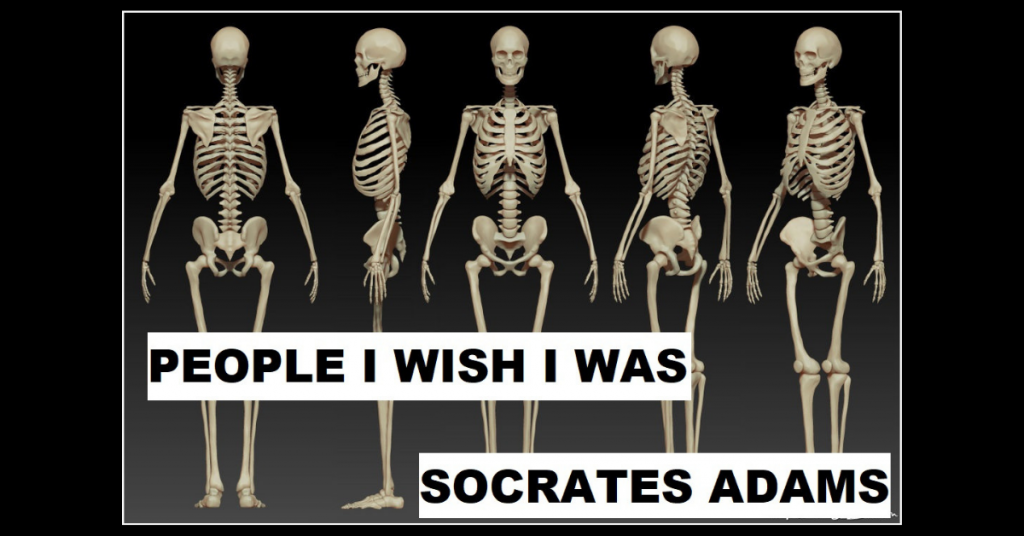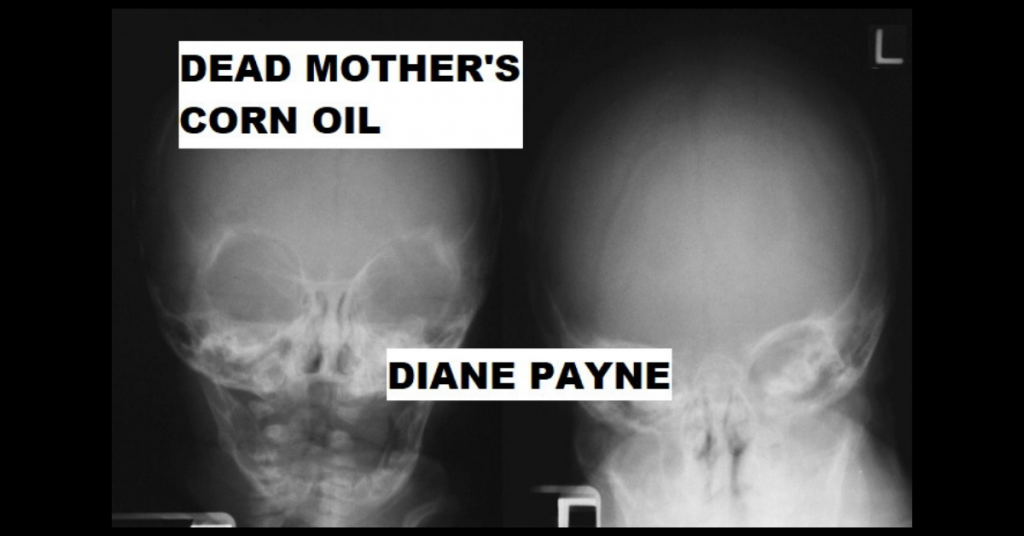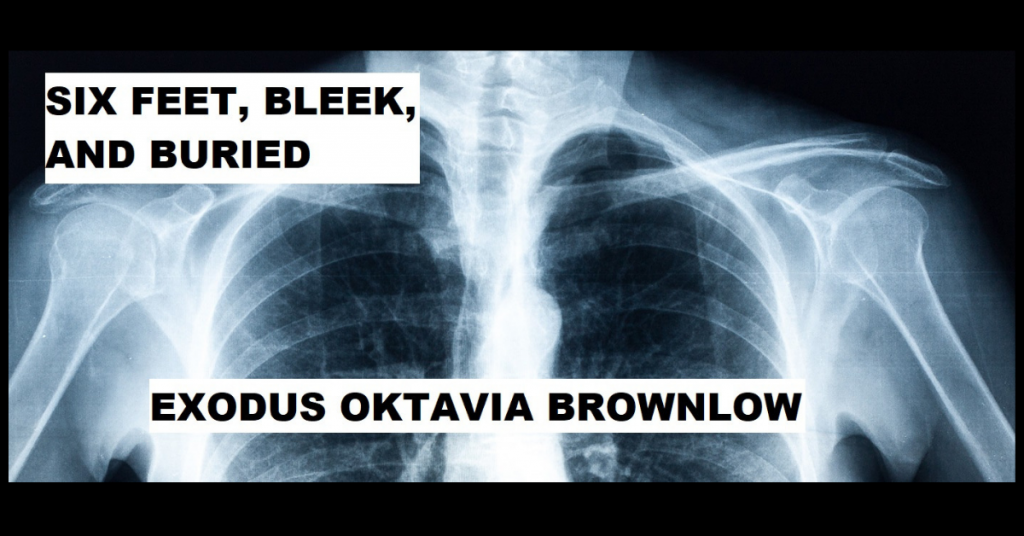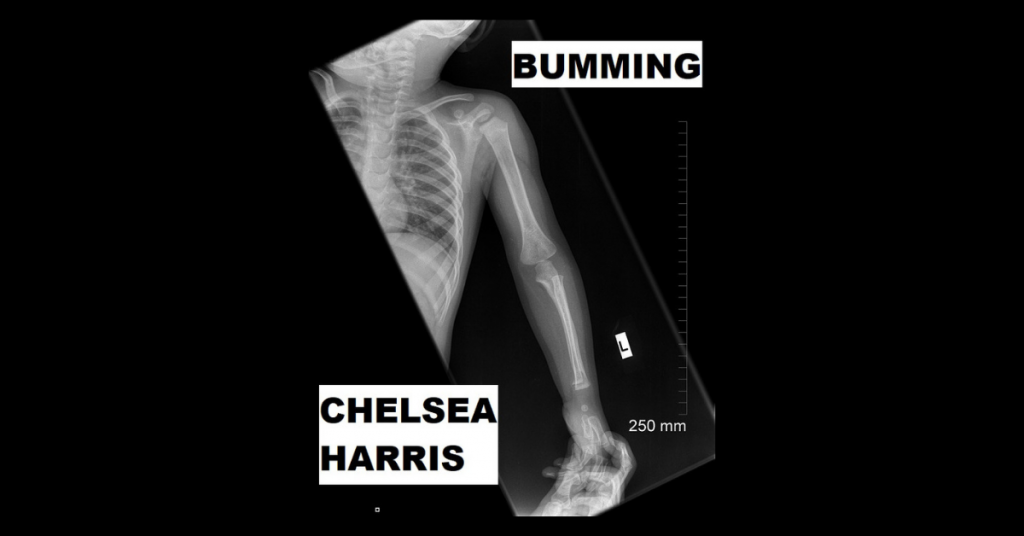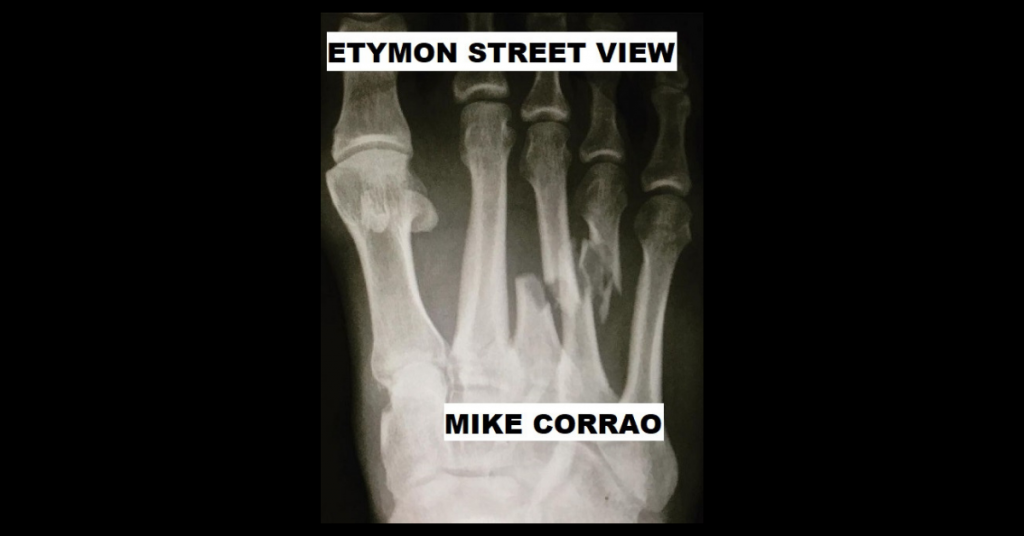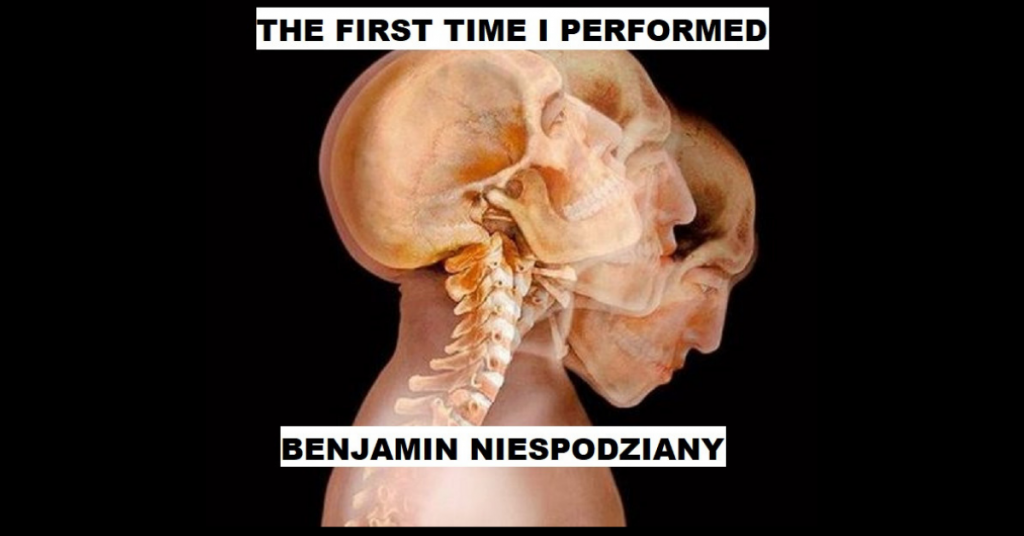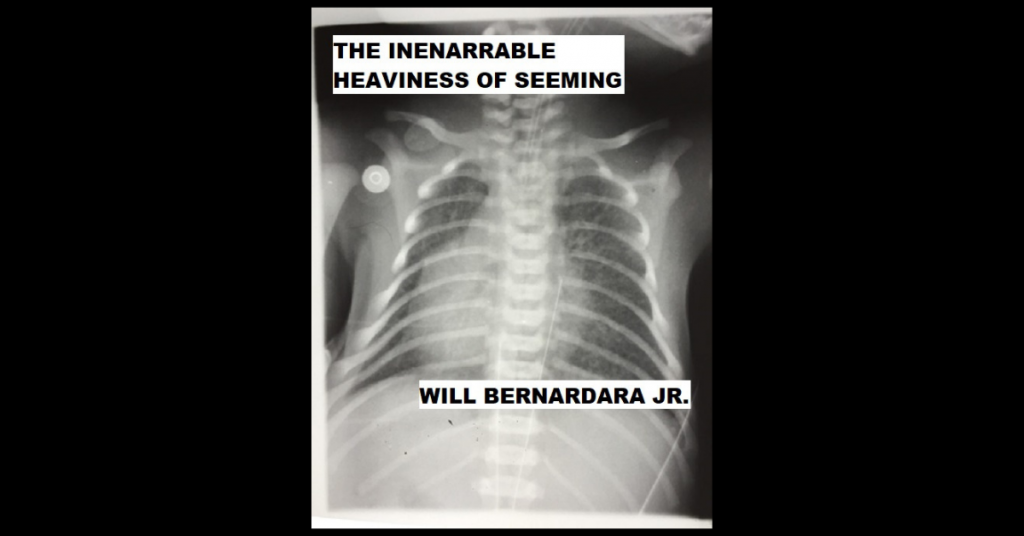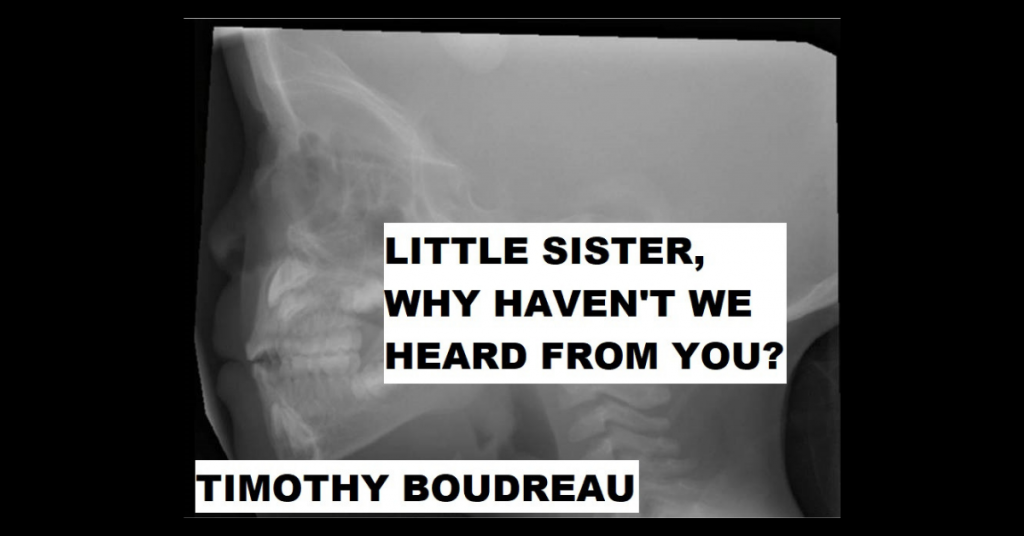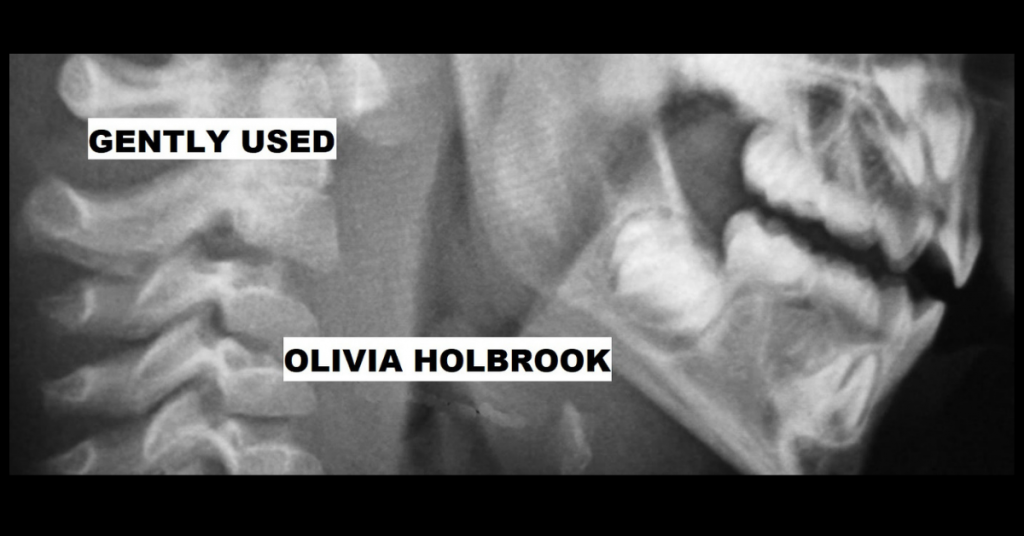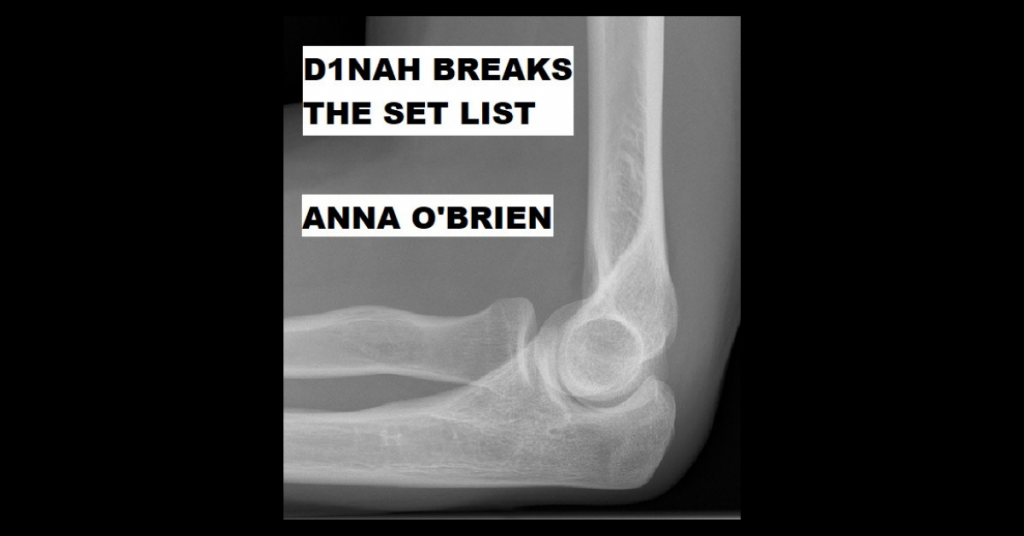
D1NAH BREAKS THE SET LIST by Anna O’Brien
G1rl on the Road If, and this is an astronomically huge if, D1nah makes it through this song without her throaty howl cracking during the third refrain, Fage the drummer owes her $27.39. This is the cost of a soy caramel latte plus interest compounded weekly, the frequency of every gig the band now plays. So far, the wager has been compounded eight times. Fage is confidant that she’ll never have to pay up even if, on their five-hundredth gig twenty years from now, cynical, saggy, broken, and bionic, D1nah holds that “Ohhhhhhhhhhhhhh” in “G1rl on the Road” for its…

